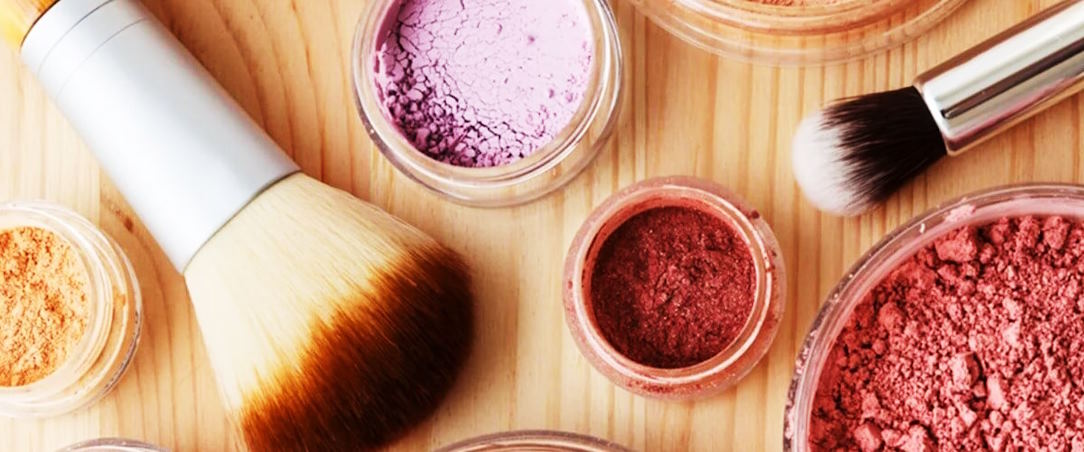Makeup is a powerful tool for self-expression, but for some individuals, pursuing beauty comes with a hidden challenge – makeup allergies. Allergic reactions to certain ingredients found in cosmetics can lead to various symptoms, from mild irritation to more severe responses.
Common Makeup Allergens
Fragrances
Fragrances are a common culprit in makeup-related allergies. Many cosmetic products, including foundations, powders, and lipsticks, contain fragrances that can trigger skin reactions. Opting for fragrance-free or hypoallergenic products can help mitigate this risk.
Preservatives
Preservatives, such as parabens and formaldehyde-releasing agents, extend the shelf life of makeup products. However, they can be harsh on sensitive skin and cause allergic reactions. Choosing “paraben-free” or “preservative-free” products can benefit those prone to allergies.
Dyes and Pigments
Certain dyes and pigments in makeup formulations can cause skin irritation and allergic reactions. Red and yellow pigments, in particular, are known to be common culprits. Individuals with a history of reactions should consider products with minimal artificial colorants.

Common Symptoms of Makeup-Related Allergies
- Redness and Inflammation: Allergic reactions often manifest as redness and inflammation on the skin. This can occur shortly after applying makeup or develop gradually with repeated use of allergenic products.
- Itching and Irritation: Persistent itching or irritation may indicate an allergic response, especially in areas where makeup is applied. Scratching can exacerbate the problem and lead to further skin damage.
- Swelling and Hives: Swelling and the appearance of hives (raised, red welts) are common symptoms of an allergic reaction. These can occur on the face, around the eyes, or lips.
- Dryness and Peeling: Allergic reactions may cause the skin to become excessively dry and peel. This can be particularly uncomfortable and may lead to a compromised skin barrier.
Tips for Choosing Makeup Wisely
Patch Testing
Before applying a new makeup product to the entire face, perform a patch test on a small skin area. This helps identify potential allergens without exposing the entire face to the risk of a reaction.
Read Labels
Scrutinize product labels for common allergens such as fragrances, preservatives, and artificial colorants. Choose products with shorter ingredient lists and opt for those labeled as hypoallergenic or suitable for sensitive skin.
Consult a Dermatologist
Individuals with a history of skin allergies should consult a dermatologist for personalized advice. A dermatologist can recommend specific products and ingredients to avoid based on an individual’s skin sensitivity.

